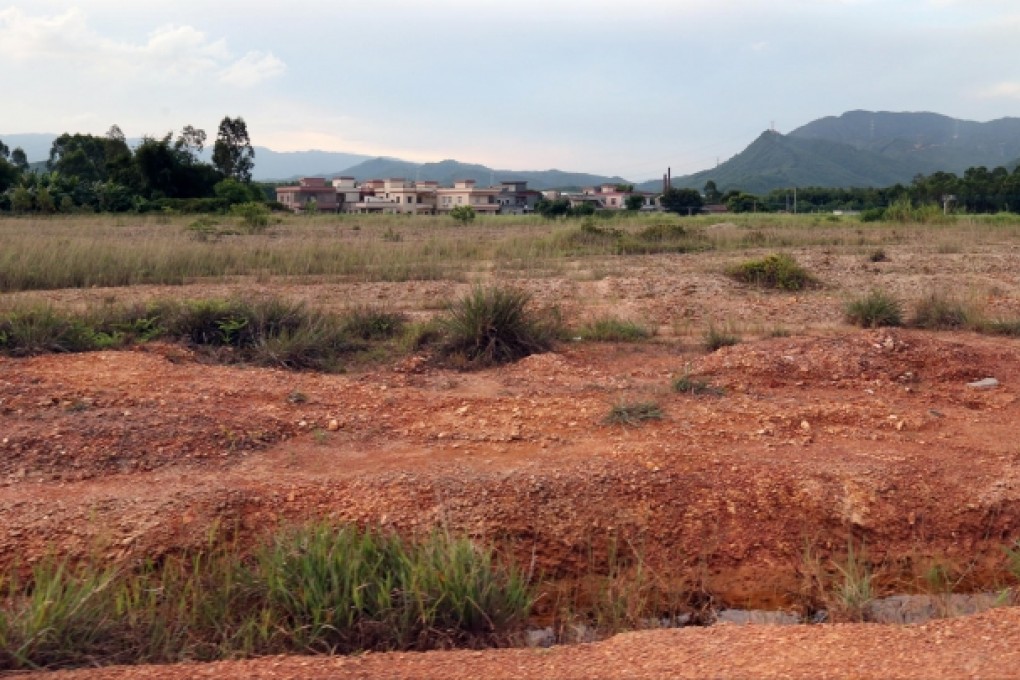Principal landholder was not told about Guangdong uranium plant
Businessman from Taiwan with 50-year lease on farm only learned of plan from other villagers who would be affected

The biggest landholder at a site designated for a uranium processing plant in Jiangmen , Guangdong, said he has not been approached by local officials about turning over his land.
Tsai Wen-chin, a Taiwanese businessman who signed a 50-year lease with the local government in 1998 for 20 hectares of farmland in a remote village in Jiangmen's Zhishan township, said he had been told about the nuclear fuel plant by other villagers who would be affected by it.
I haven't received any formal notice from the township government about whether they will take back my land
"I haven't received any formal notice from the township government about whether they will take back my land," Tsai, 70, told the South China Morning Post yesterday.
"I will return the land to the local government if I am compensated, as it is a provincial government-backed project."
Tsai said he had no idea how much the compensation might be with 35 years left on his lease.
"Since I am now living in Nanhai city, I entrusted a friend in Jiangmen to handle my farm business," he said, adding that he hired a couple to take care of a pig farm and fish pond, and a few workers to care for an orchard on his land.
However, Nie Jiao and her husband, Zheng Shui - the couple taking care of a pig farm and fishpond - said local officials came to the land a few weeks ago and made an inventory of the structures and crops.